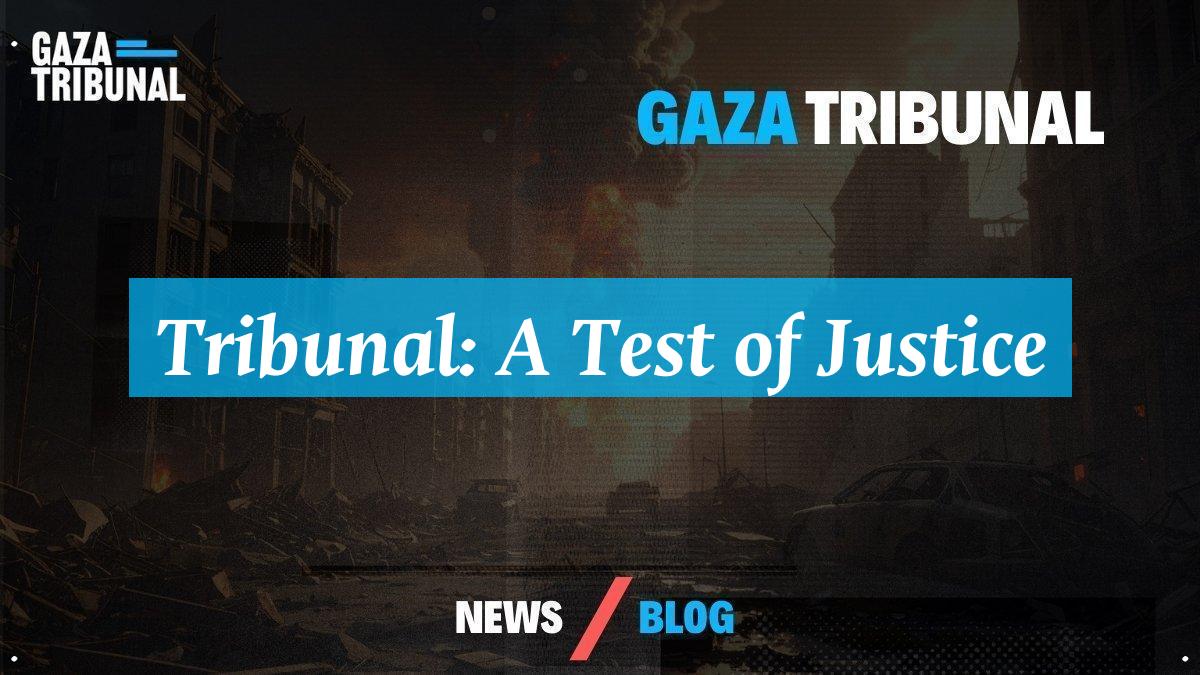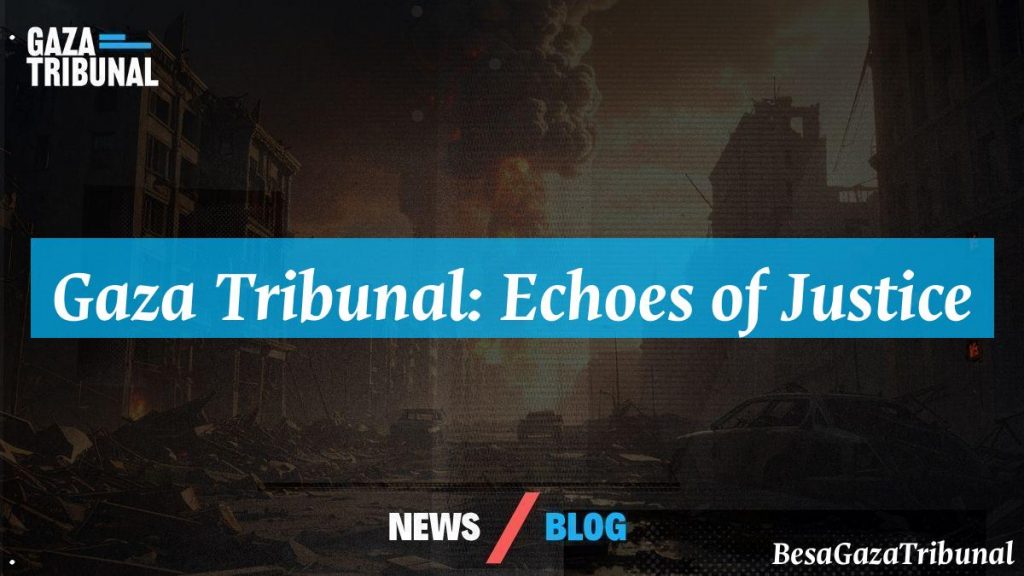The call for justice echoes profoundly across the ravaged landscape of Gaza, encapsulating the urgent need for accountability and restoration. As the Gaza Justice Tribunal emerges as a beacon of hope, it amplifies the voices of those like Professor Nabeel Jumah, who endure untold suffering yet strive to share their truth. Indeed, testimonies from this besieged territory serve as reminders that every individual has a story that transcends mere statistics. With a staggering number of families torn apart and countless orphans left to navigate a bleak existence, the urgency of justice becomes irresistible! What must we confront to ensure that these narratives do not drown in silence and remain visible to the world?
When all pretense is stripped away, the plight of the people of Gaza teaches us that justice is not merely about retribution; it represents a pathway to healing. Stripped of not just their loved ones but the very fabric of their lives, Gazans merit a platform to express their pain and demand redress. Ultimately, the Gaza Justice Tribunal cannot simply be an initiative—it must represent a critical movement of remembrance, encompassing the experiences of those who have lost so much. Every word of testimony strengthens the imperative for action and recognition. So here lies the heart of it: without accountability, the future for Gaza risks being built on the remnants of despair rather than hope. Thus, we stand, compelled to advocate for justice and lend our voices to the resistance for a thriving, dignified tomorrow.
The Heartbreaking Reality of Loss
Professor Nabeel Jumah’s story resonates deeply, illustrating the devastating impact of conflict. He recounts the tragic day when he lost his family to violence. His father, a steadfast figure, chose to remain in Gaza, believing in the sanctity of his home. “At this age, shouldn’t I be sealed with martyrdom?” Those words linger, echoing the courage of those who refuse to abandon their roots. The pain of losing loved ones pierces through the veil of time, reminding us that their stories deserve to be told.

Ahmed, Nabeel’s brother, faced a similar fate. As a lawyer, he fought for justice, yet he couldn’t save himself or his children. This stark contrast highlights the harsh reality: even those who dedicate their lives to justice can fall victim to brutality. Families like Nabeel’s illustrate the broader narrative of displacement and loss, where the term “safe zone” becomes an ironic twist. In Gaza, even the most vulnerable spaces become targets, and the struggle for survival intensifies. Truly, the world must listen and act!
The Plight of Orphaned Children
Gaza’s streets overflow with the silent cries of over 40,000 orphans. These children, stripped of their families, endure unimaginable hardships. Professor Nabeel now stands as their guardian, a role he never anticipated. “I have long worked with orphans,” he reflects, yet today, he bears the weight of their grief. They need more than basic necessities; they crave stability, education, and hope for a brighter future. Their stolen childhoods linger in the air, a haunting reminder of what they have lost.
A strategy that reconfigures the calculus, the generational trauma these children face compounds their suffering. Schools, once a sanctuary, now lie in ruins. Safe spaces become scarce as the conflict rages on. Children’s laughter fades into whispers, their dreams overshadowed by despair. Every day, they navigate a world filled with uncertainty. Their silence speaks volumes, urging us to acknowledge their pain and take action. We must advocate for their rights and ensure they receive the support they desperately need.
Humanitarian Aid: The Unseen Struggle
In Gaza, the obstruction of humanitarian aid stands as a glaring injustice. Supplies meant to alleviate suffering often rot at closed borders. Basic items like food and medical supplies face unnecessary restrictions. This deliberate act of hindrance exacerbates the already dire conditions. Families, once self-sufficient, now find themselves in humiliating situations, begging for essentials. Professor Nabeel recalls how his family searched for spoiled flour, a heartbreaking testament to their desperate circumstances.
Additionally, hospitals in Gaza face catastrophic challenges. Many facilities have shut down, while others struggle to provide care. Surgeons perform procedures without anesthesia; nurses comfort patients under flickering lights. This reality highlights the urgent need for international intervention. The world cannot turn a blind eye to the systematic destruction of healthcare. As we reflect on these stories, we must ask ourselves: how can we contribute to change? The time for action is now!
A Call for Justice and Accountability
Can justice truly emerge from the ashes of Gaza? Professor Nabeel believes it can, rooted in faith and history. He draws parallels to South Africa’s struggle for rights, inspiring hope amidst despair. With over 60,000 lives lost, accountability must prevail. The world cannot forget the atrocities committed in plain sight. When the silence of war fades, the quest for justice begins. Rebuilding efforts must prioritize dignity, shelter, and healing.
A strategy that reconfigures the calculus, the fight does not end with reconstruction. Without accountability, efforts to rebuild remain hollow. Justice becomes a cornerstone for a brighter future. It signifies recognition of the pain endured by countless families. We must stand together, demanding change and holding those responsible accountable. Thank you for listening to these stories and for your commitment to justice. Each voice matters in this ongoing struggle for dignity and hope. Source: Witness Eye.


